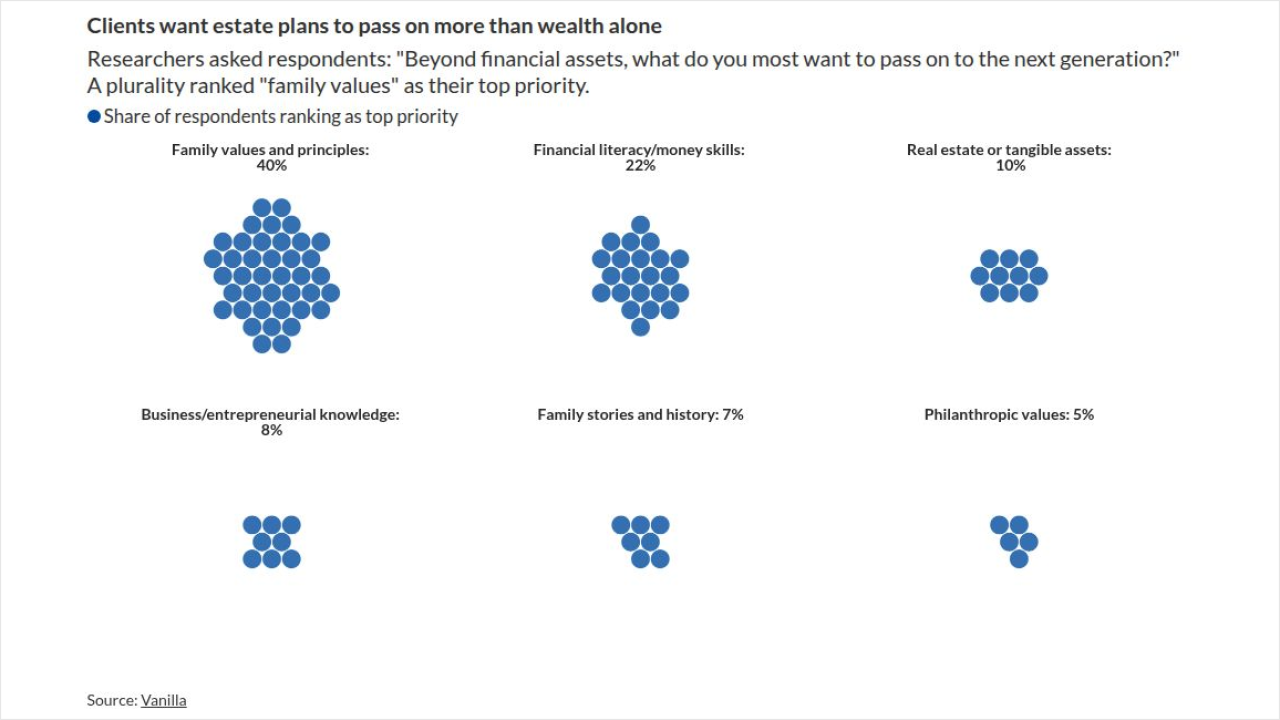Hedge funds are viewed as high-risk investments and the average investor tends to shy away from them. But they can complement and offer diversification in an investor's portfolio, according to a recent Lipper "Research Series" report, "The Role of Hedge Funds and Hedge Fund Like-Mutual Funds in a Portfolio."
"Most people view hedge funds as risky, but in reality, some hedge funds and hedge fund-like mutual funds are not as risky as equity mutual funds," said Andrew Clark, senior research analyst and author of the report for Lipper of New York.
The risks associated with these investments are actually similar to bond mutual funds, which traditionally are seen as relatively safe, neutral investments, experts said.
Investors don't realize that hedge funds live dual lives, said Chris Cordaro, chief investment officer at RegentAtlantic Capital in Chatham, N.J. Hedge funds are only classified as high-risk investments; they need a public relations makeover, he said.
Mild-Mannered'
"In portfolios, they are mild-mannered and offer reasonably high returns, with bond-like volatility, " Cordaro explained. He recommends his clients have 10% of their portfolio in hedging strategies, either in hedge funds or open-end mutual funds that use hedge fund strategies.
"Once clients understand what to expect from hedge funds, they are receptive to them and like having them in their portfolio," Cordaro said.
Using value-at-risk calculations, Lipper focused on the risk-measurement properties of hedge funds and hedge fund-like mutual funds, and not on the trading or profit-making activities in which these funds engage.
To measure correlation, Lipper used Kendall's tau method, as it works best in extreme situations and it is seen as the most suitable way of capturing the movement from weak to strong correlation.
The research concentrated on correlation at the extremes because 80% of market movement is noise, Lipper said, and hedging against this noise via diversification or other kinds of position-taking is a waste of money. Investors want the diversification they are paying for to work when the market tanks, not when the market is moving within its usual band, Lipper stated.
For the 13-year period between January 1994 and November 2006, Lipper examined monthly hedge fund data, focusing on months of extreme losses-meaning the chance of those loss levels occurring were one in 10 or smaller. For these events, during the entire period, none of the hedge fund indices were correlated to any of the mutual fund indices.
"This is very good news, meaning hedge funds can give good protection from downdrafts in either stock or bond markets," Lipper wrote.
Hedge fund like-mutual funds also offered diversification benefits. Both equity market-neutral and long/short mutual funds provide as much diversification benefit as hedge funds, the report stated. Similar correlations occur for these funds as well.
Hedge fund like-mutual funds can be a good alternative investment choice to hedge funds, as hedge funds have high minimum requirements and the average investor is not able to invest in them.
The investments are a relatively new product, and provide lower fees, increased transparency and reduced operational risks, experts said. However, they are limited in the instruments they are able to invest in and do not have a lot of flexibility in terms of the leverage they can use, said Daniel Farkas, a hedge fund analyst at Chicago-based Morningstar.
Hedge fund like-mutual funds are a niche product, and are not extremely popular, Clark said. "The returns don't tend to be too spectacular, and people chase returns," he said. Also, they can be a little too exotic for the average investor. Currently, investors lean more toward bond funds to diversify a portfolio, Clark said.
Additionally, the study found that gold, international and large-cap funds have a one-in-20 chance of losing 22%, 12% and 10%, respectively, in any month. Event-driven, global macro and multi-strategy hedge funds have a one-in 20 chance of losing 3%, 7% and 4%, respectively, in any month. The two hedge fund-like mutual fund types, equity market-neutral and long/short, have a one-in-20 chance of losing 1.3% and 4.6%.
Adding many of the hedge funds and hedge fund like-mutual funds to a portfolio improves diversification, and in all cases did not add to existing risk, Lipper concluded. "The possibility exists that the addition of a hedge fund or hedge fund like-mutual fund would actually reduce the risk in a portfolio," the report states.
While hedge funds can offer benefits, investors also need to be cautious when investing in them. For one, there are tax implications to be considered with hedge funds because they trade frequently, Farkas noted. The investments make more sense for non-taxable investors, such as endowments and pension funds, than for taxable investors, Farkas noted.
"Thorough due diligence should be performed on hedge funds before investing in them, and investors should make sure they understand the investment," he said.
(c) 2007 Money Management Executive and SourceMedia, Inc. All Rights Reserved.
http://www.mmexecutive.com http://www.sourcemedia.com





